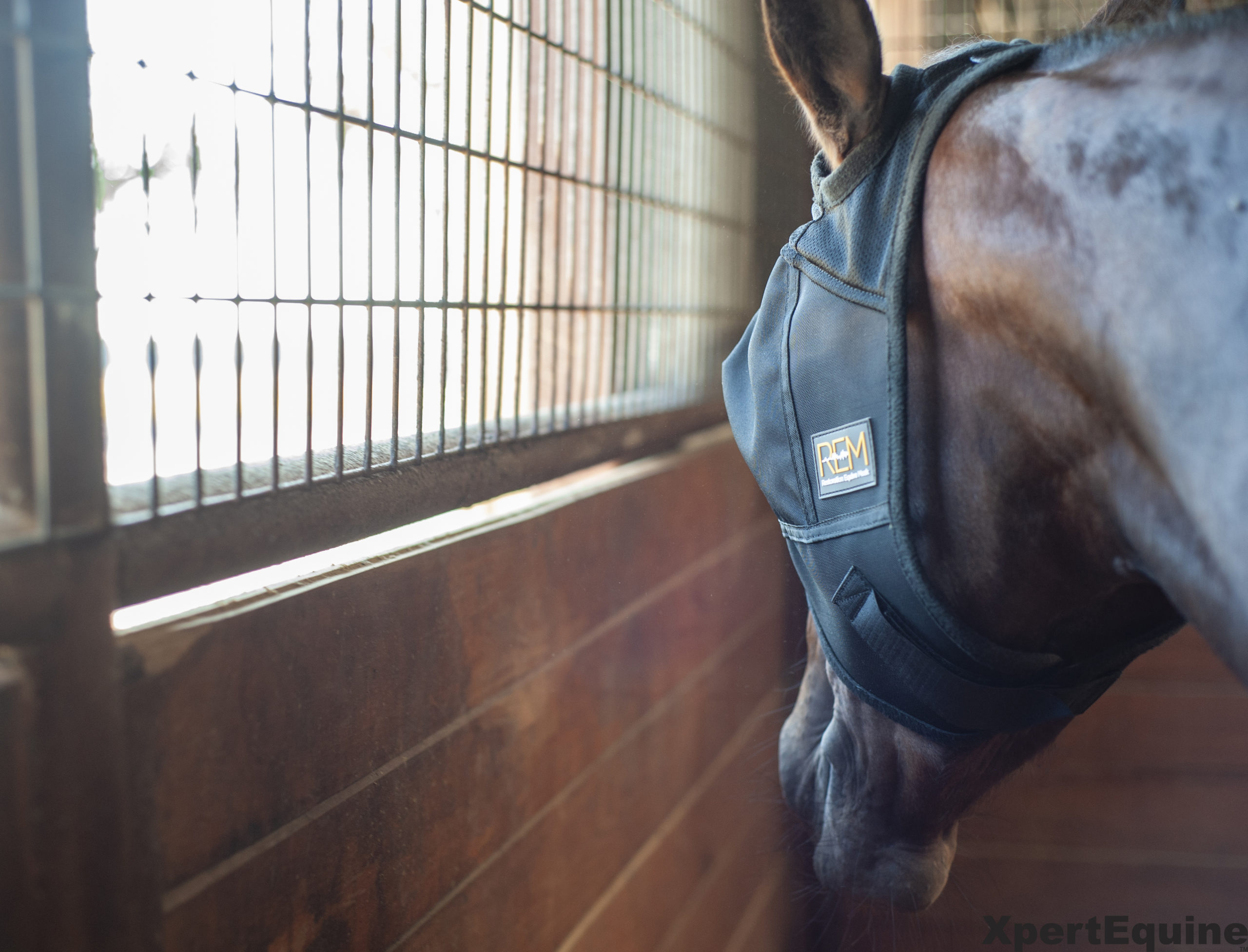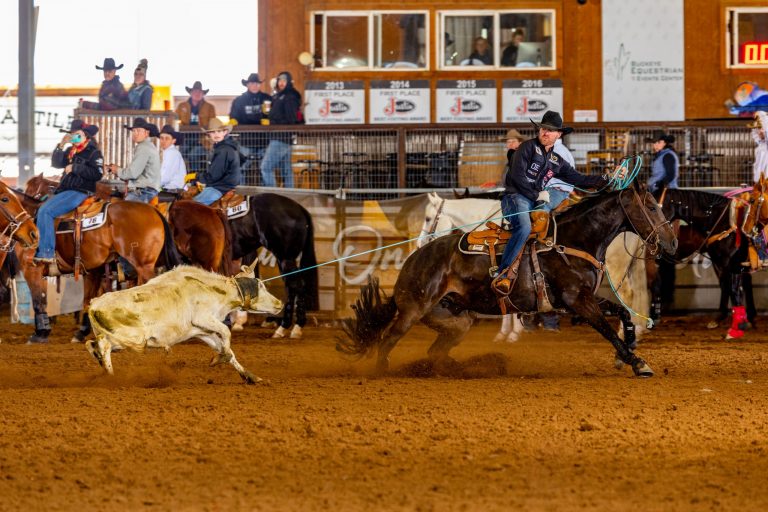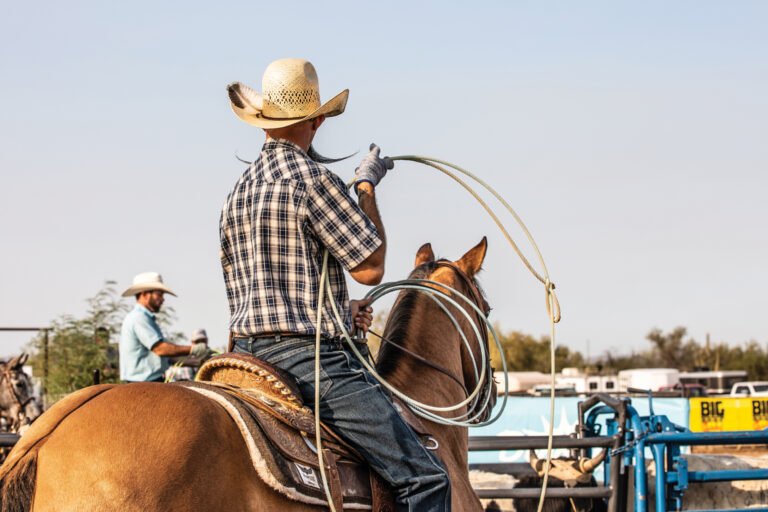Rodeo competitors and jackpot junkies alike know that the long-night drives to and from events can impact your roping abilities. Maybe just an extra hour of sleep would’ve given you the competitive edge you needed to rope for the win. The same applies to your equine athlete.
Your horse requires REM sleep just like humans do. However, REM sleep in horses can only occur when they are lying down and have adequate darkness to produce melatonin—the hormone that initiates sleep and restfulness and maintains sleep throughout the night.
The Science of Sleep
Circadian rhythm refers to the internal clock in all humans and animals and is strongly influenced by the daily cycles of daylight and darkness. In relation to sleep, darkness triggers the signal to release melatonin, the hormone that initiates sleep and restfulness and maintains sleep throughout the night.
Circadian rhythms are especially strong in horses, meaning horses are more susceptible to losing sleep when darkness is reduced or removed from their environment—as at major roping events and rodeos where horses are stalled overnight are under continuous lights, or while at veterinary clinics when lights are left on for continued observation of patients. This means that these horses have constant exposure to blue light, which is shown to suppress melatonin levels and reduce restful sleep.
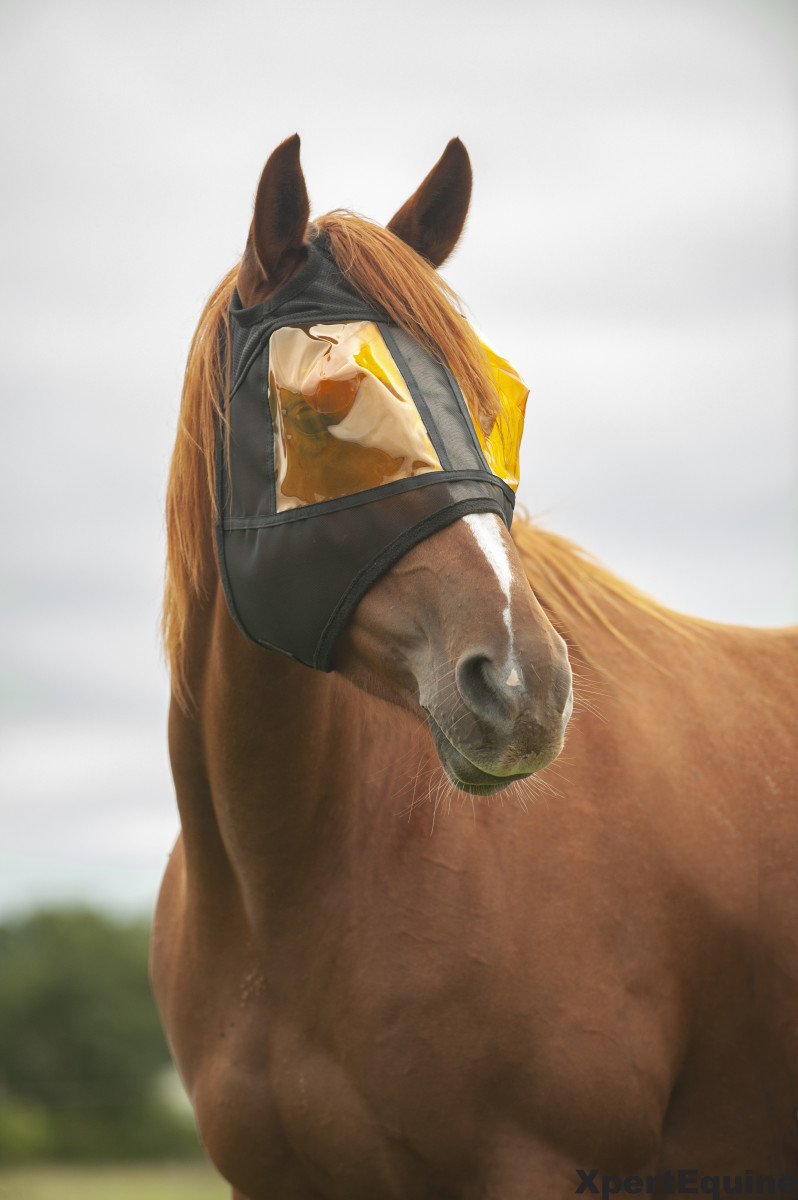
Roping, Riding, and Sleeping
Implementing a sleep-management program into your horse’s routine will help your horse get the rest he needs, when he needs it. Here’s how to help your horse get the REM sleep he needs both at home and at events.
- Offer a large pen or stall. When you’re traveling, it can be tempting to just tie your horse to the trailer overnight. But allowing your horse to move around and find a comfortable place to lie down—shaving in the pen are a bonus he will love—will allow him to get his minimum of 30 minutes of REM sleep.
- Travel with a partner. Even if you aren’t traveling with your roping partner, consider hauling an additional horse. Being a herd animal, your horse will have less anxiety when he’s with another horse and will be more likely to lie down to sleep.
- Turn off the lights. Constant exposure to light results in decreased melatonin levels, which are required for reparative, restorative sleep. Simply turning off the lights off in the barn at night will help increase your horse’s melatonin.
- Take him to the vet. If your horse is sore, not only will he not be sound enough to compete, but he may have enough discomfort that it is painful to lie down. If your horse is in enough pain, he may not exert the effort to lie down to sleep.
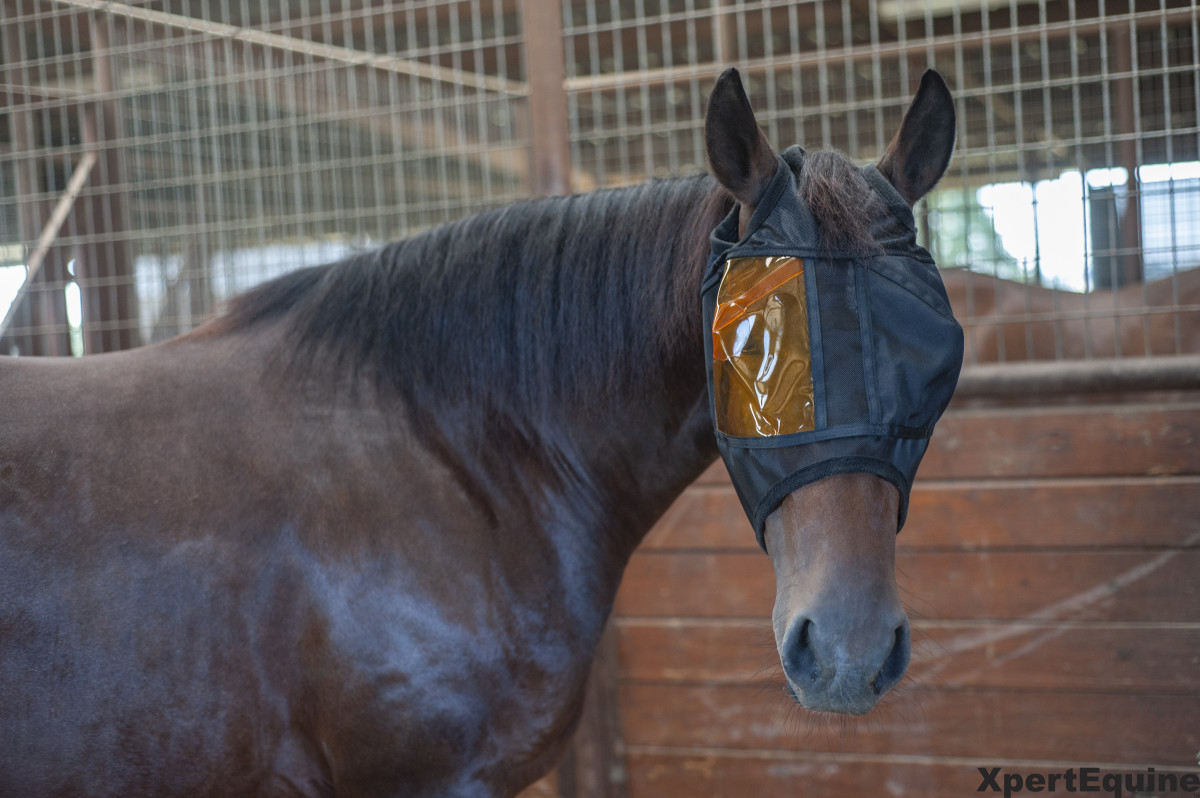
For more information on the science behind the mask, and how to purchase one visit XpertEquine.com.




